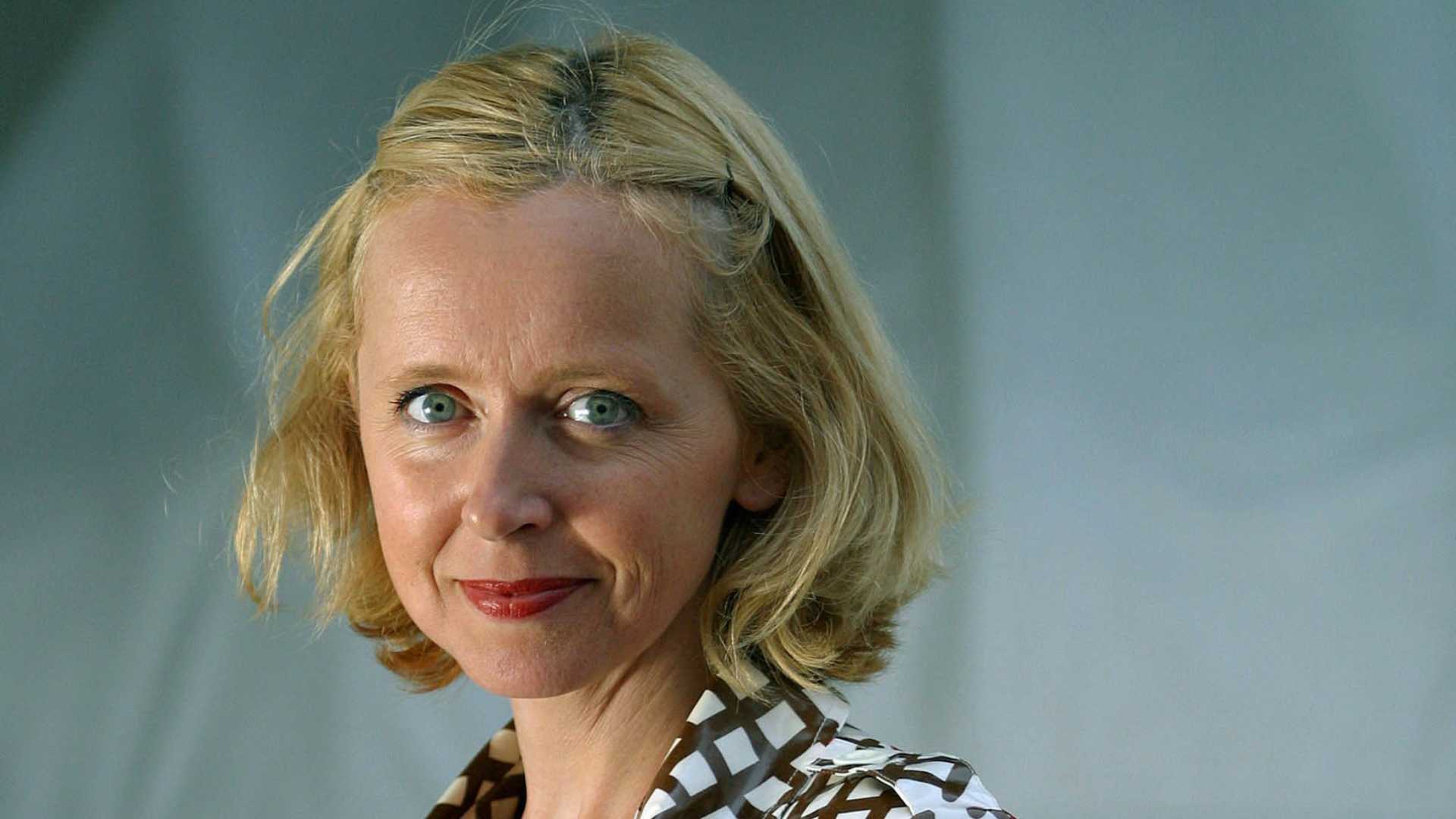Torture of gay people to be debated by politicians in Northern Ireland
Northern Ireland First Minister Arlene Foster holds a press conference after touring the province’s largest COVID-19 vaccination centre on 29 March 2021 in Belfast, Northern Ireland. (Photo by Charles McQuillan/Getty Images)
Politicians in Northern Ireland will debate a motion calling for a ban on the tortuous practice of conversion therapy “in all its forms” in the country.
The motion was proposed for debate on Tuesday (20 April) by Ulster Unionist assembly members (MLAs) Doug Beattie and John Stewart. It calls on Stormont to “reject the harmful practice widely referred to as conversion therapy” and to “acknowledge the damage this practice causes to the mental health of those who are subjected to it”.
Conversion therapy refers to the tortuous and pseudo-scientific practice aimed at changing a person’s sexual orientation, gender expression or gender identity. The barbaric practise has been widely discredited by a host of professional bodies including the World Health Organisation and a host of other medical professional associations worldwide.
Just last week, the United Nations urged the UK government to ban the discredited practice. In an address to MPs on Thursday (15 April), Dr Ahmed Shaheed, UN Special Rapporteur on Freedom of Religion or Belief, insisted any bans on conversion therapy would not violate religious rights, as many faith-based groups and politicians claim.
“International human rights law is clear that the right to freedom of religion or belief does not limit the state’s obligation to protect the life, dignity, health and equality of LGBT+ persons,” Dr Shaheed said.
He also told MPs that the testimonies of “survivors of conversion practices are chilling”, and the practice has “haunting consequences” for LGBT+ people.
However, an amendment to the motion has been made from the right-wing Democratic Unionist Party (DUP) MLAs to exclude any religious practices from the ban. On Friday (16 April), the DUP said the section in the original motion which “declares that it is fundamentally wrong to view our LGBTQ community as requiring a fix or cure” should be removed, as well as the call for a swift ban on conversion therapy.
Instead, the DUP suggested the motion read: “This assembly… recognises that legitimate religious activities such as preaching, prayer and pastoral support do not constitute conversion therapy, cannot be defined as such and must be protected.”
But Amnesty International warned that any ban on conversion therapy “must include harmful religious practices”. Patrick Corrigan, Northern Ireland programme director of Amnesty International UK, said “praying the gay away” is just as unacceptable as “any other pseudoscientific approach which tells LGBT+ people they are ‘sick’ and ‘broken’ and can change their sexual orientation or gender identity”.
“In recent years, proponents of so-called conversion therapy have tried to hide their anti-LGBT+ views by representing these practices as being about mental health and religious liberty, often carried out in the context of pastoral care or prayer ministry,” Corrigan said. “Being against bogus conversion practices is not a threat to religious freedom.”
He called on MLAs to “not be distracted by spurious arguments” and ensure that any legislation covers the “rare conversion activity in healthcare settings but addresses religious practices where demonstrable harm results”.






